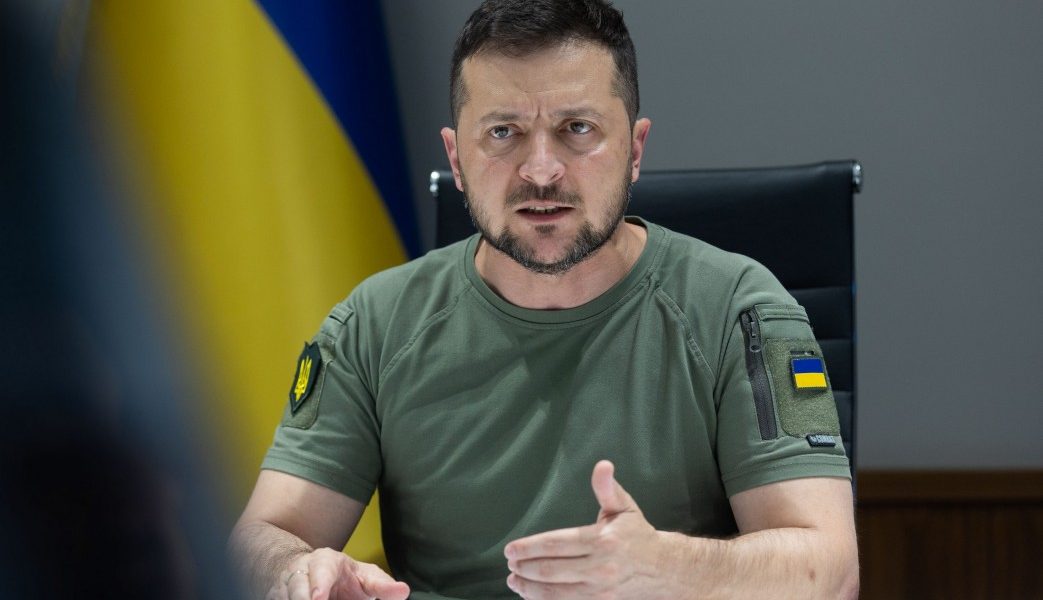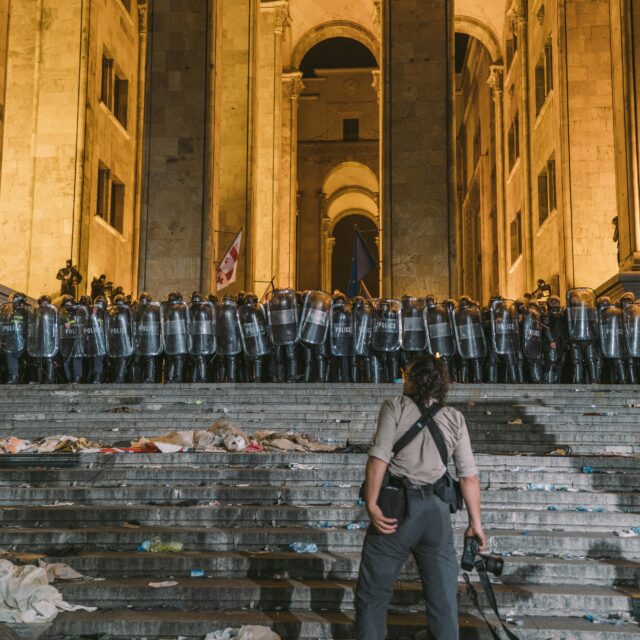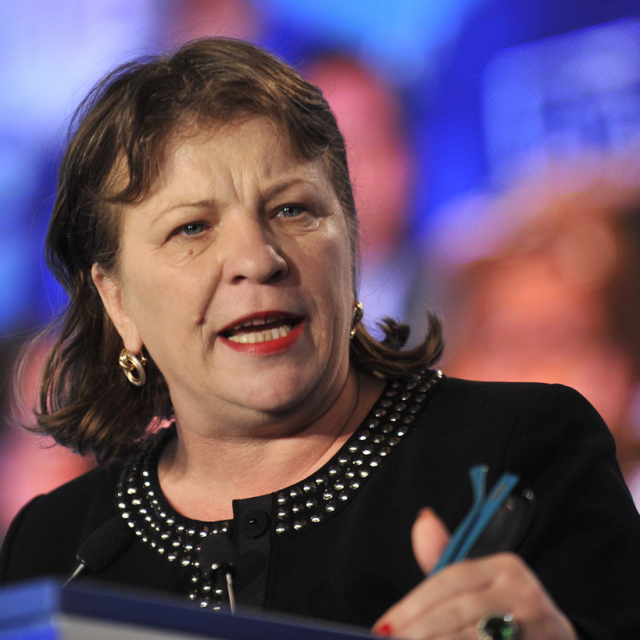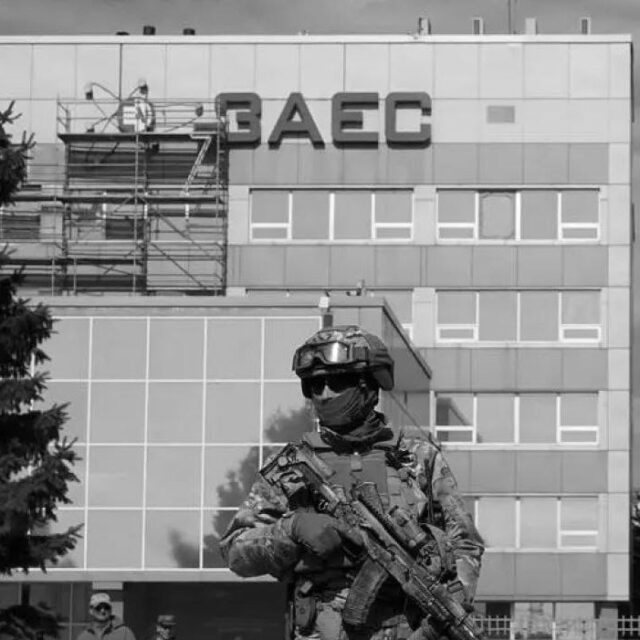The Commission has presented different options to Member States to make sure that Russia is “held accountable for the atrocities and crimes committed during the war in Ukraine.”
The Commission has proposed to create a new structure to manage frozen and immobilised public Russian assets, invest them and use the proceeds for Ukraine.
The Commission, while continuing to support the work of the International Criminal Court, says it is ready to work with the international community on setting up an ad hoc international tribunal or a specialised ‘hybrid’ tribunal to investigate and prosecute “Russia’s crime of aggression.”
Ukraine as well as 14 Member States have already started investigations into international crimes committed by Russia. They are supported by Eurojust through joint investigative teams.

All EU Member States are parties to the International Criminal Court (ICC) and the EU fully supports the ICC in its investigations into war crimes and crimes against humanity. However, Russia does not accept the jurisdiction of the ICC. This means that, as things stand, the crime of aggression, which is a crime committed by the highest political and military leadership, cannot be prosecuted by the ICC.
This is why the Commission is proposing alternative options to ensure “that justice is served”:
- A special independent international tribunal based on a multilateral treaty or
- A specialised court integrated in a national justice system with international judges – a hybrid court – could be put in place.
For both options, strong backing of the United Nations would be essential.
Russia and its oligarchs must compensate Ukraine for the damage and destruction that is being caused, says the EU.
In March 2022, the Commission set up the ‘Freeze and Seize’ Task Force to ensure EU-level coordination of Member States’ actions. With its help the EU Member States have frozen €19 billion of assets belonging to Russian oligarchs. Around €300 billion of the Russian Central Bank reserves are blocked in the EU and other G7 partners. To make the most out of this funds and start rebuilding Ukraine already now, the Commission is proposing, among others:
- In the short-term: set up a structure to manage the frozen public funds, invest them and use the proceeds in favour of Ukraine.
- In the long-term: once the sanctions are lifted, the Central Bank assets will need to be returned. This could be linked to a peace agreement, which compensates Ukraine for the damages it has suffered. The assets that would need to be returned, could be offset against this war reparation.




